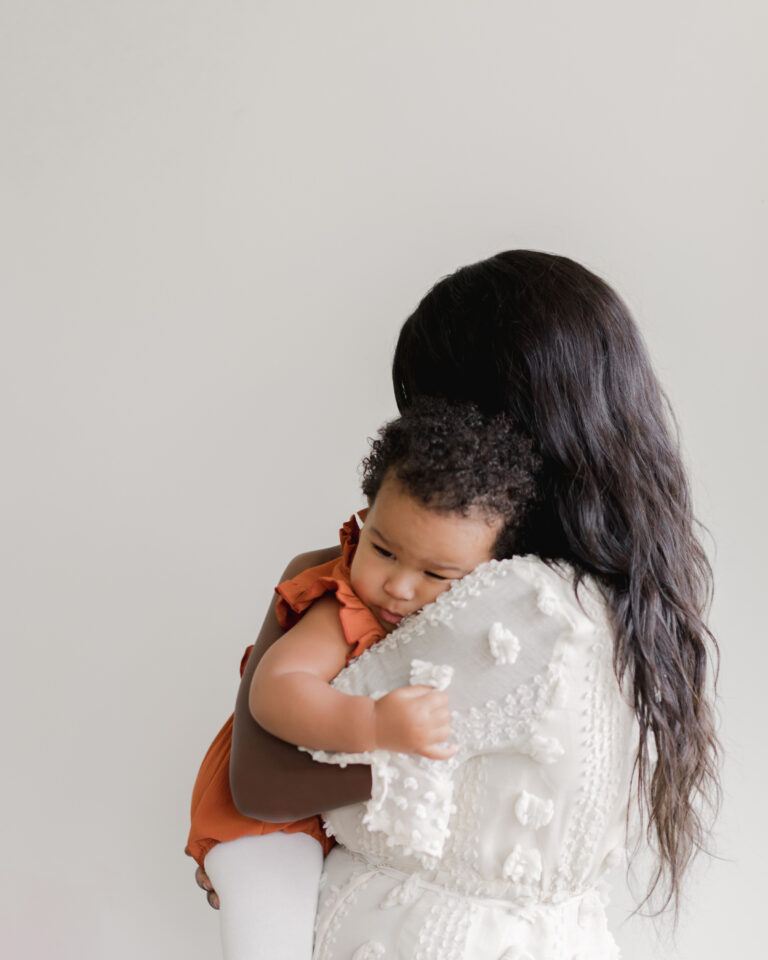It’s so surprising to me how much ignorance there is around the importance of sleep. Before I got into this specialty, I thought I was a pretty good sleeper and knew the basics of good sleep hygiene. Boy, was I wrong! I naively assumed that if you had a few nights of poor sleep, you could just make up for it over the weekend with little to no effect. While sleep “debt” does accumulate and can be partially alleviated, it is not as black and white as we think. Extra sleep on a Saturday night isn’t going to make up for the multiple five-hour nights you had during the week. Small but constant deficits in sleep length and quality over time have been shown to have escalating and long-term effects on brain function. As important as cumulative hours are when it comes to sleep health, the timing and consolidation of sleep is equally as important.
If sleep is so important for us as adults, quality, consolidated sleep is equally if not more important for our children.
Healthy sleep habits begin at birth and stick with us for the rest of our lives, so it is important to establish good sleep hygiene early on.
Why is Sleep Important?
Improves Learning
Sleep has been scientifically proven as necessary for brain growth and maturation – something that happens rapidly in infancy and childhood. In order to process all that we learn during the day, we need long periods of sound, consolidated sleep at night. Think about how much learning our children do each day and thus how important sleep is to reinforce and consolidate that learning into long-term memory.
This is why newborns require so much sleep – they are processing everything that they have seen, heard, and experienced in their short time being awake. As children grow, their stamina increases and they are better able to manage longer awake times, but sufficient periods of sleep remain necessary for optimal development.
Supports Behavioral Health
We also know that children who sleep better at night are more pleasant to be around during the day. They are more patient, less irritable, and generally have an easier temperament than children who frequently don’t get enough sleep. I’m sure you see this anecdotally in your home and don’t need a study to prove it! Healthy sleep certainly appears to positively impact neurological development and function and seems to be integral in alleviating and preventing many of childhood’s behavioral problems like ADHD. No one is their best self with them are overtired!
Reduces Stress & Anxiety
We know that sleep is important for familial sanity and wellbeing too. Studies have shown that infant sleep problems have a direct impact on maternal depression. We know that babies with depressed mothers often have higher overall cortisol levels which can lead to physical and behavioral issues later in life. We also know that maternal depression is correlated with emotional availability and attachment between child and parent. Studies confirm that when a child’s sleep improves, so too does maternal mental health.
Many parents are concerned that sleep training will hinder the attachment between themselves and their child. In reality, the opposite is actually the case. A happier baby and a happier mom yields a happier, healthier relationship overall.
The scientific evidence is endless. Sleep is so, so important.
And this does not change just because you’ve had a baby!
The idea that parents will “never sleep again” is the most problematic myth about parenthood and one that needs to be debunked once and for all.
Here’s the thing: your baby needs sleep even more than you do. Those little bodies may look like they’re idle when they sleep, but there’s an absolute frenzy of work going on behind the scenes. Growth hormones are being secreted to help your baby gain weight, cytokines are being produced to fight off infections and produce antibodies, all kinds of intricate systems are working to lay the foundation for your child’s growth and development. These systems will continue to work hard each night through adolescence, provided your child has the opportunity to get consolidated nighttime sleep.
I see a LOT of people telling new parents that babies just don’t sleep well and that they should expect their babies to be waking up several times throughout the night for years to come. I would just like to set the record straight here – that advice isn’t just wrong, it’s harmful. Telling people to blindly accept their baby’s sleep issues as part of the “parenting experience” is preventing them from addressing a problem that can be a serious concern for health, emotional wellbeing, and development.
So if your child is waking up more often than they need to eat overnight or continues to wake beyond needing any nighttime feeds, that’s not “motherhood-as-usual”. Your child can learn to sleep longer stretches through the night. Anyone telling you to grin and bear it for the next six years is, I’m sorry to say, peddling horrible advice.
If your child is not sleeping well, know that things can change! Your family deserves good sleep & I’d love to help!













